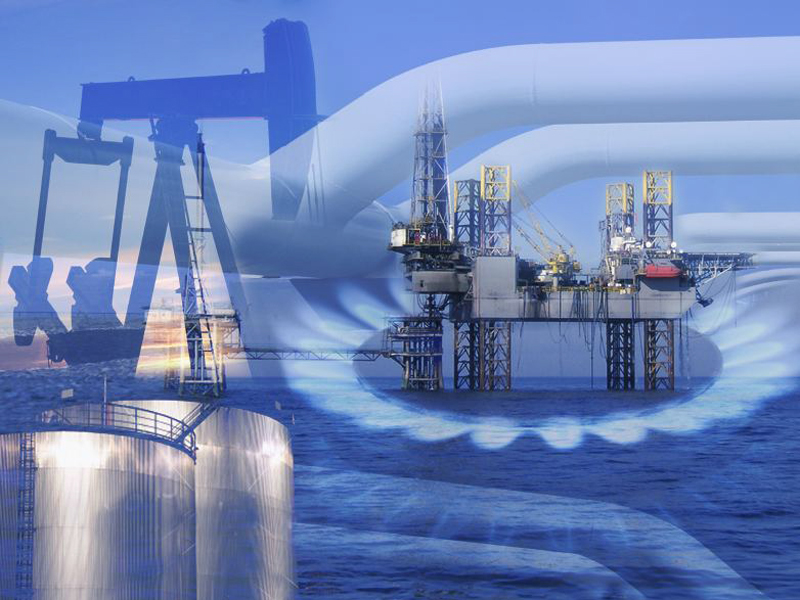
We are in full heating season. Over 40% of households and about 70% of industrial enterprises, particularly those in the energy sector, use natural gas as a source of heat and heating. Respectively, Moldova is dependent on Russian gas supplied by Gazprom. Last but not least, there is no energy security on the supply and supply of natural gas. And this despite the construction of the much-praised Gazoduct Iasi-Ungheni. It is the opinion expressed by the economist IDIS Viitorul, Iurie Gotisan in the show "15 minutes of economic realism".
A simple radiography of data indicates that states that have had and still have conflicts, including the military, with the Russian Federation have diversified their natural gas supplies, particularly Georgia and Ukraine. First, it imports gas for domestic consumption of over 95% of Azerbaijan.
"Ukraine, after Russia's charging $ billions of dollars for gas supplies, including the Donbas armed conflict, barely has imported. And even if they are, they are for secessionist regions, about 4%. The rest of the natural gas consumption coming back from the EU, implicitly from Slovakia. Romania, apparently a special case on this dimension, considering that in 2013 it imports about 17% of Russian gas, and currently about 30% of total consumption", Gothisan said.
Regarding the Iasi-Ungheni gas pipeline in which high hopes have been put, namely to reduce the Republic of Moldova's dependence on the Russian Federation, this has not happened for the time being. Moreover, in the case of the full functionality of the gas pipeline, the cost and price side could also be a problem, but only in the short term. The average cost of one cubic meter of gas delivered to consumers in Romania is currently 2.5 RON or 0.6 USD on average 11 Moldovan lei. Interestingly, Romanian consumers are paying gas and depending on the quality area.
"To make full use of the gas pipeline, the Government of the Republic of Moldova hopes to build the section up to Chisinau, the deadline being the end of 2018. But an impediment to being taken into account by the Moldovan authorities is the expropriation procedure for citizens (about 150 in number) whose land is to cross the pipeline", concluded Gothisan.
The show is made by IDIS Viitorul in partnership with Radio Free Europe.
For more details, contact the Public Relations Coordinator IDIS Viitorul, Victor URSU at ursu.victoor@gmail.com or call 069017396.